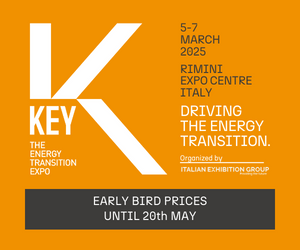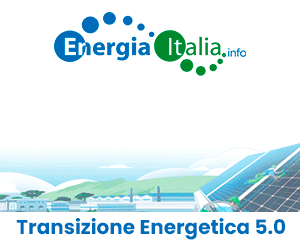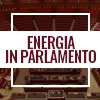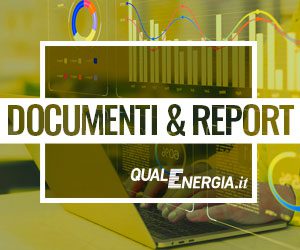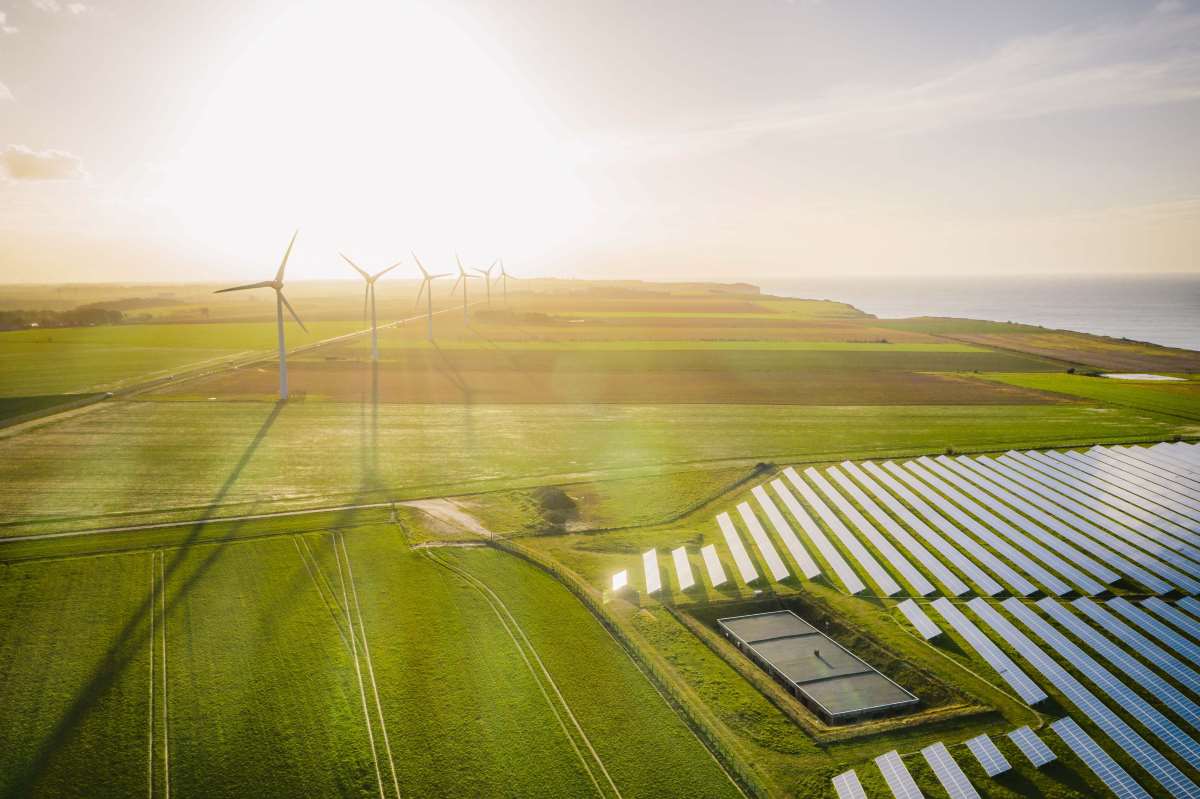Kyoto Club and QualEnergia.it interviewed European Commissioner for climate action, Connie Hedegaard, in office in the second Barroso Commission since february 2010. Mrs. Hedegaard was Danish Minister for Environment from 2004 to 2007 and from 2007 Minister for Climate and Energy. She has had an important role in preparing and hosting the United Nations Climate Change Conference 2009 in Copenhagen.
Commissioner Hedegaard, which are the European Commission’s priorities in its climate change policies?
Our first priority is to bring down the EU’s greenhouse gas emissions by 20% below 1990 levels by 2020. We are implementing this through various measures, such as the EU Emissions Trading System (EU ETS) for industries and power generating installations, CO2 targets for cars and fuels, and several other European and national initiatives aiming at boosting renewable energy and increasing energy efficiency.
Secondly, we are also pushing for a comprehensive, legally-binding global agreement on climate action within the framework of the UNFCCC and sector-organisations like ICAO for aviation and IMO for maritime transport.
Which proposals will the European Union bring to the forthcoming COP 17 in Durban?
The EU has tabled proposals on various issues. Firstly, proposals to increase transparency on countries’ commitments and actions to reduce emissions. Secondly, we have made a proposal on setting up new sectoral market-based mechanisms in emerging economies. We want to further develop international carbon markets, because we believe this is the most cost-efficient way of cutting emissions in certain sectors. Last but not least, we also push for global measures that allow tackling emissions from international air and maritime transport.
Which results may be expected from the Durban Conference?
What is really important is that Durban delivers a clear roadmap and timeline leading us to a comprehensive, legally-binding global agreement. We need commitments from all major economies how and when – if not now – they will contribute.
Durban will certainly also be about the future of the Kyoto protocol, as the first commitment period expires by 2012. The EU is open to a second commitment period but only as a part of such a broader roadmap.
How is the post-Kyoto Protocol process going to look like?
We believe that the basic elements of the Kyoto protocol should be maintained after 2012, such as the rules-based approach and the international carbon market – the so-called Clean Development Mechanism. The Kyoto protocol as such does not expire; only the commitments for the period 2008-2012 do. As I said, the EU is open to take on a second Kyoto target if the following conditions are met. First, Kyoto must be complemented by commitments by all major economies – that is the roadmap I already mentioned.
And second – the environmental integrity of Kyoto must be guaranteed. Concretely, that means improving the accounting rules for land use and forestry; and finding a solution for the big surplus of emission rights – the so-called AAUs, because if they were to be fully carried over to a second commitment period, they would risk undermining all the efforts we have done so far.
Some critics argue that the EU is losing, in favour of other world areas, its frontrunner role against climate change. What do you reply to this line of argument?
I don’t agree. The EU has set itself ambitious emission reduction targets and we are among the first in the world to have underpinned that with legislation and solid policy instruments – such as the EU ETS. As a matter of fact, the EU ETS is inspiring several other big economies, like China, Australia, Korea and California, to set up their own emissions trading systems. We also take the lead on tackling emissions from international air transport; from next year onwards these will be included into the EU ETS. And last spring the Commission published a Roadmap on how to reduce our emissions by 80-95% by the middle of this century. So I don’t think it is fair to say that we have lost ambition.
Is the current economic and financial crisis going to open up new opportunities in the work against climate change or is it rather going to slow down improvements achieved over the past years?
So far, the financial crisis has had no negative impacts on our climate ambitions. Indeed, the financial crisis led to a bigger than expected drop in the EU’s emissions in 2009. Last year, as economies began to recover, emissions rose slightly again, but we remain on track to achieve our Kyoto and our own even more ambitious 2020 targets.
Actually, the financial crisis gives us a good opportunity to make our society more climate-friendly. This is the right time to invest in innovative, low-carbon technologies and to “green” our taxation policies, for instance. The new green markets, products and services will spur economic growth and create jobs while further reducing emissions so that we meet our 2020 climate and energy targets and long term goals.
The new Danish government has recently adopted the target to reduce Denmark’s greenhouse gas emissions by 40 percent by 2020 from 1990 levels and boost renewable energy to cover half of Denmark’s electricity need. How would you assess the possibilities that the 20-20-20 goals may be increased at the EU level?
The analysis we did for our ‘Roadmap for building a competitive low-carbon Europe by 2050’ shows that we could actually achieve a 25% emissions cut by 2020, if we were to meet our current 20% energy efficiency target.
Meanwhile, our offer to step up the EU’s emission reduction target to 30% – provided others also do their fair share – is still on the table at international climate negotiations. So far, conditions are not met. At this time, the Commission is analysing the investment needs and benefits for the different Member States as requested by the Environmental Council in order to deepen the debate on this issue.





